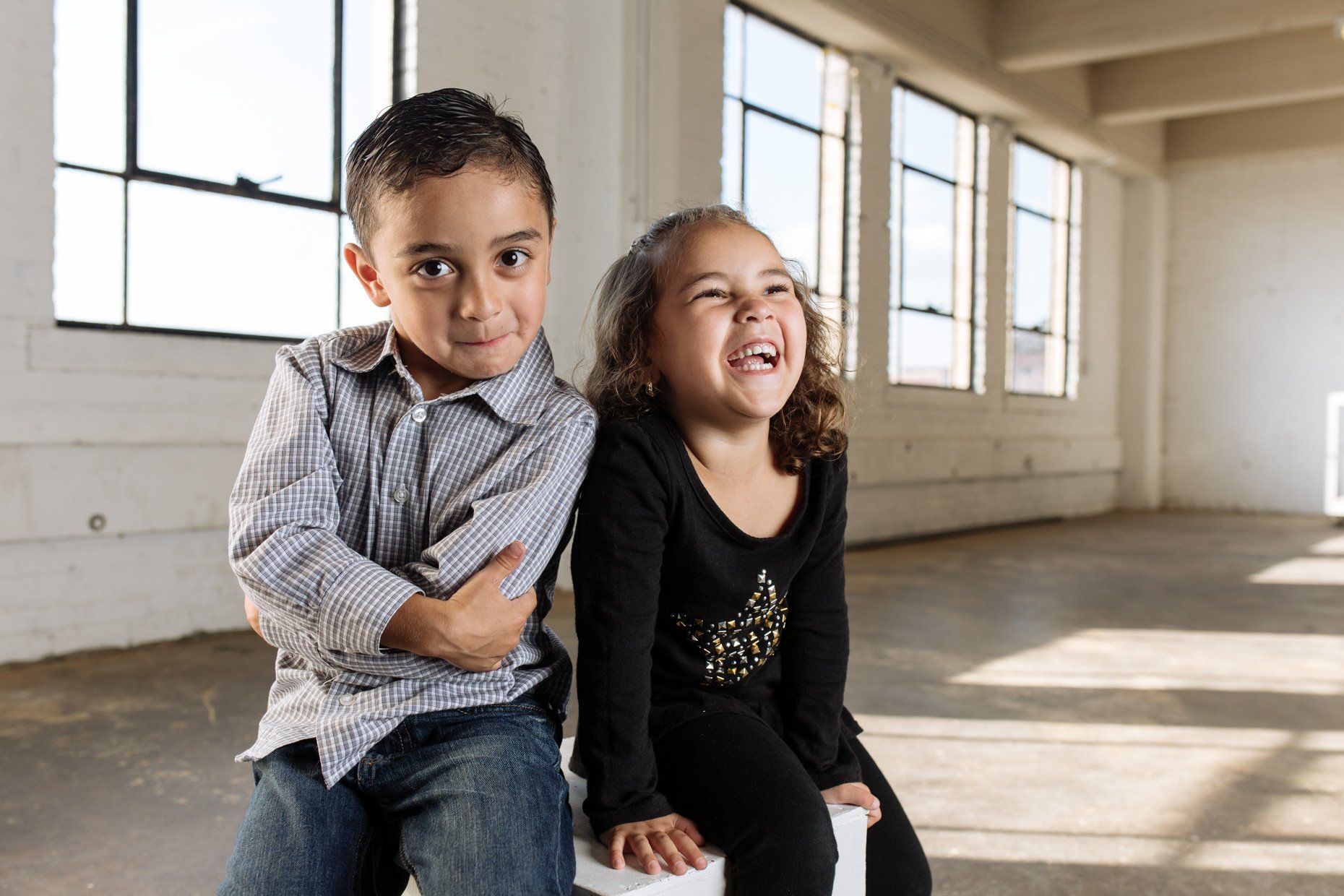Story of Hope: "I will be with you..."
Advocate Impact Story
"I will be with you as your friend along the way."
These words were shared with Katrina by her advocate, Aaron Anderson, as she was preparing to move for the 3rd time since her CPS case started. Such simple words can make a world of difference in a youth's life.
Katrina and her brother Kyle have been through a lot in their young lives. They were removed from a home that while we may think was never appropriate, it was home for them. Kyle is non-verbal which means Karina feels more alone most of the time as she cannot communicate and share their feelings with Kyle. Katrina has expressed feeling alone at times but feels comfort knowing that they are together in the same placement.
Aaron was assigned to the case a few months ago and quickly made contact with the youth. He tried really hard to create rapport and build a relationship with the children though circumstances made it difficult. Aaron never backed down, making sure that anyone and everyone would listen to the attempts to build that relationship with the children.
Aaron’s persistence paid off and he was able to visit with the children virtually. Katrina was hesitant to talk to Aaron but within time was able to open up. They talked about the upcoming placement change and she expressed being scared about moving yet again. Aaron reassured her that everything would be okay and stated "I'll be there as your friend along the way." Immediately the youth smiled and was observed taking a deep breath as if she was relieved and knew she was no longer alone- she now had a friend.
A lot of our children are expressing fear and mixed emotions as they are approaching the summer months. For some, it means that their routines are changing while others are nervous about attending summer camp. Some of our youth will even be moving placements now that the school year has ended. It is important that our advocates continue to ensure these children that they will be "with them as their friend along the way” just as Aaron has done for Katrina and Kyle.

In November 2025, Child Protective Services received a referral involving two sisters, ages 13 and 14, who were found caring for themselves. Following the death of their father, the girls experienced ongoing abuse and neglect. They were living in unsafe and unsanitary conditions, frequently left alone without adequate food, functioning plumbing, or consistent supervision, and were exposed to strangers regularly coming in and out of the home. Shortly after removal, Tameka Woolfolk was appointed as the Advocate on the case. From the very beginning, Tameka became one of the few consistent and reliable adults in the girls’ lives. The children experienced and continue to endure placement changes. These frequent transitions created ongoing instability and further complicated the girls’ ability to heal and adjust. Throughout each move, Tameka remained steadily involved, working diligently to ensure that the children’s services and support continued without interruption. She supports the girls not only emotionally, but physically as well helping pack their belongings at each move, accompanying them during school tours, and remaining readily available whenever they need support. Neither child was initially aware that they had the right to speak directly with the judge. Tameka recognized the importance of their voices being heard and with the support of the Ad Litem, helped to facilitate their presence at court, requesting that the judge meet with the girls in a breakout room, so they could personally express their wishes, all with the department, CASA and the Ad Litem by their side. In addition, this case was referred to Collaborative Family Engagement (CFE). During CASA’s ongoing exploration for family connections alongside the Department, Tameka discovered the children’s father’s obituary. Through this discovery, it was learned that the girls’ father had served in the United States Army as a combat medic during the Vietnam War and later worked for 30 years in civil service. Tameka took the initiative to request documentation, including VA records and a death certificate, to determine whether the children might be eligible for survivor benefits. The obituary also revealed that the girls are two of fourteen siblings. While many of the siblings were unable to provide support, CASA and the Department were able to establish contact with one brother. Through Tameka’s strong collaborative relationship with the Department and the Attorney Ad Litem, a thoughtful and appropriate plan was developed to allow the girls to begin visits with their brother, his wife, and their cousins. Although this story is still unfolding, both girls know one unwavering belief, that no matter what comes next, they know that Miss Tameka will continue to stand beside them every step of the way.








